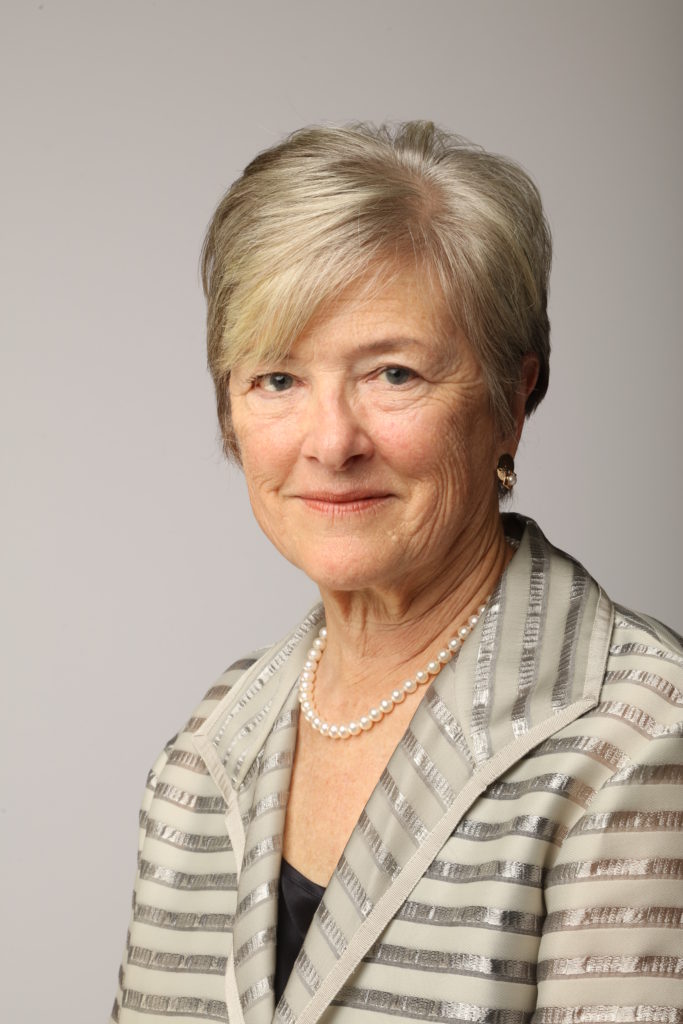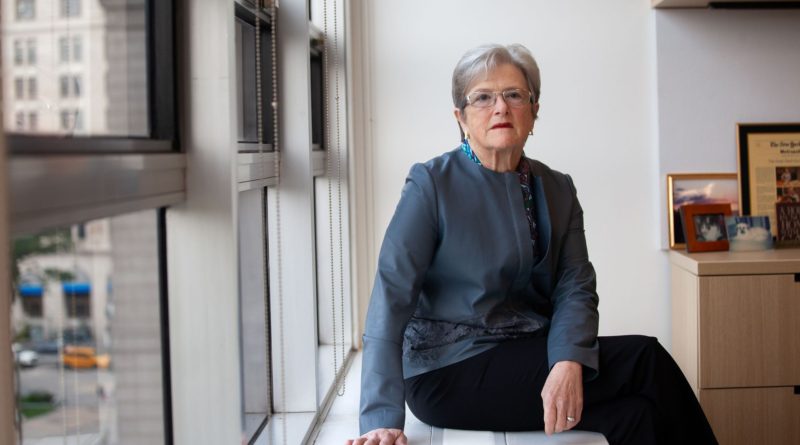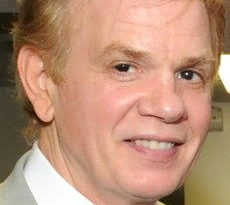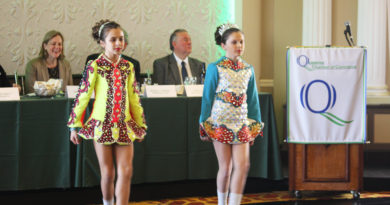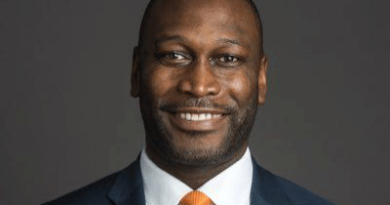WYLDE DISCUSSES SMALL BUSINESS RESOURCE NETWORK
ABOVE: Kathryn Wylde is CEO and President of the Partnership for New York City. (Photo: Ben Fractenberg)
BY BENJAMIN FANG
As New York City looks to emerge from the health and economic crises that have afflicted the Big Apple over the last eight months, the city’s leading business organization is taking on an outsized role in recovery efforts.
The Partnership for New York City led by president and CEO Kathryn Wylde is drawing on its network of private sector, nonprofit and community partners to support businesses struggling to keep their doors open and, ultimately, help boost the city’s economy.
In late September the Partnership, along with the Peter G. Peterson Foundation, city agencies and the city’s five borough-based chambers of commerce, launched the NYC Small Business Resource Network.
Pitched as a “one-stop shop” for the city’s 230,000 small businesses, the $2.8 million partnership, funded by a grant from the Peterson Foundation, will create a team of 22 small business specialists who will be embedded within the chambers of commerce.
They will work directly with small businesses in hardest-hit communities to provide access to the wide range of programs and services offered by state, city and private-sector organizations, with a particular focus on minority, women and immigrant-owned businesses.
“The business resource network is intended to create a source of help for businesses as they seek to figure out how to put people back to work, how to survive, how to keep going, how to restart,” Wylde said. “We turned to the chambers of commerce as the organizations that are the most in touch with the needs of small businesses across the neighborhoods of the city.”
The Partnership is working with the city’s Economic Development Corporation (EDC) and Department of Small Business Services (SBS) to aggregate the various public and private resources available. The goal is for small businesses to have one place to go for all of their needs, from legal and accounting services to marketing, procurement opportunities and loans or grants.
The network grew out of a report that the Partnership released in July in collaboration with 14 top consulting firms, who are also members of the organization. The report, called “A Call for Action and Collaboration,” outlines the impact that COVID-19 had on the city’s economy between January and July.
Wylde said that before the pandemic, the city was at the “peak of its power globally” as a capital of finance, media, design and technology. New York City had over four million private sector jobs, which she said was the highest that number has ever reached.
But as a result of the pandemic, the report notes, as many as one-third of the city’s 230,000 small businesses may never reopen. Cultural, social and entertainment sites will remain partially shuttered until next year. When the report was released, the city’s unemployment rate had risen to 18.3 percent, with economic hardship concentrated among Black and Hispanic communities, as well as lower-wage workers.
The report also laid out priorities for sectors of the economy that were most damaged, Wylde said, and where organizations needed to focus their attention and resources. She said small business, particularly retail, hospitality and neighborhood services businesses, were the most seriously impacted, with more than 520,000 jobs lost in those industries alone.
“Even for those businesses that got PPP loans,” she said, “the analysis was that was not going to be enough for them to be able to reopen and survive.”
Wylde said New York City’s economic recovery would be helped if political leaders recognized that they don’t have the resources required to address all of the problems the city is facing. She noted that over the last decade, the city got accustomed to a prosperous economy and an expanding tax base. Government had the resources necessary to tackle most issues, she said.
The pandemic has left city and state governments “quite broke,” Wylde said, which is why they will need the help of everyone, from the private sector to universities and local communities, to help with the economic recovery.
